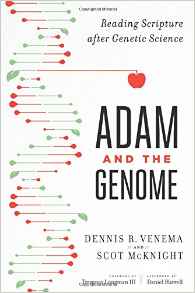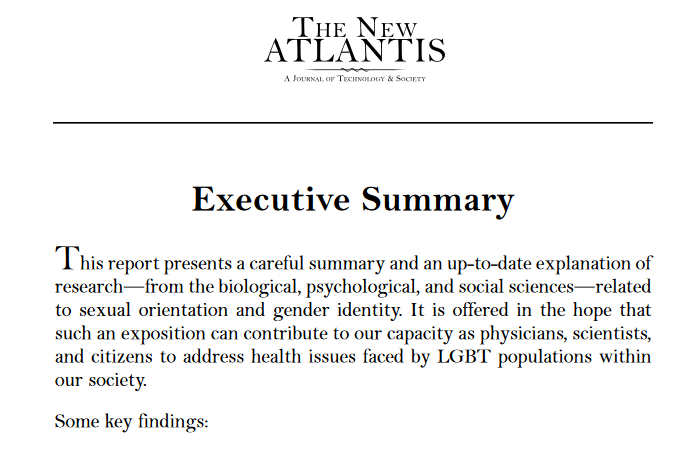Faith and Public Discourse in a Secular Democracy. Part 1
Dr. Kamarul Zaman Yusoff, a lecturer in political science has accused Ms. Hannah Yeoh, the Speaker of the Selangor Assembly of hypocrisy because she acknowledges her support from Christians when she entered politics. She also encourages young people to join politics with the goal of returning integrity, justice and fairness to governance in Malaysia. Kamarul further finds DAP guilty of prejudice against Islam since it readily participates in religious festivals like Wesak and Deepavali and Thaipusam while it champions a view of secular democracy which ‘excludes’ Islam. “Kamarul claims that for DAP, “separation of politics from religion should only be done if it is about Islamic matters. But if it involves other religions such as Christianity then they (DAP) are okay.” [See, Hannah Yeoh’s book more about personal than political growth – The MalaysianInsight 16/05/2017]
It is evident that Kamarul has maligned Hannah Yeoh and misunderstood DAP given that their political commitment is to a form of secular democracy that is enshrined in the National Constitution. More significantly, Kamarul’s accusation is surprising as we would have expected a lecturer in political science to display a nuanced understanding of the relationship between of religion and politics in a secular democracy like Malaysia. While Kamarul personally has no problem going beyond his duty as an academician to initiate political action against Hannah Yeoh, nevertheless he demands that politicians like Hannah Yeoh dichotomize their faith and personal convictions from social-political engagement. Continue reading “Hannah Yeoh’s Reference to Faith is a Positive Contribution to Public Discourse in Secular Democracy”




